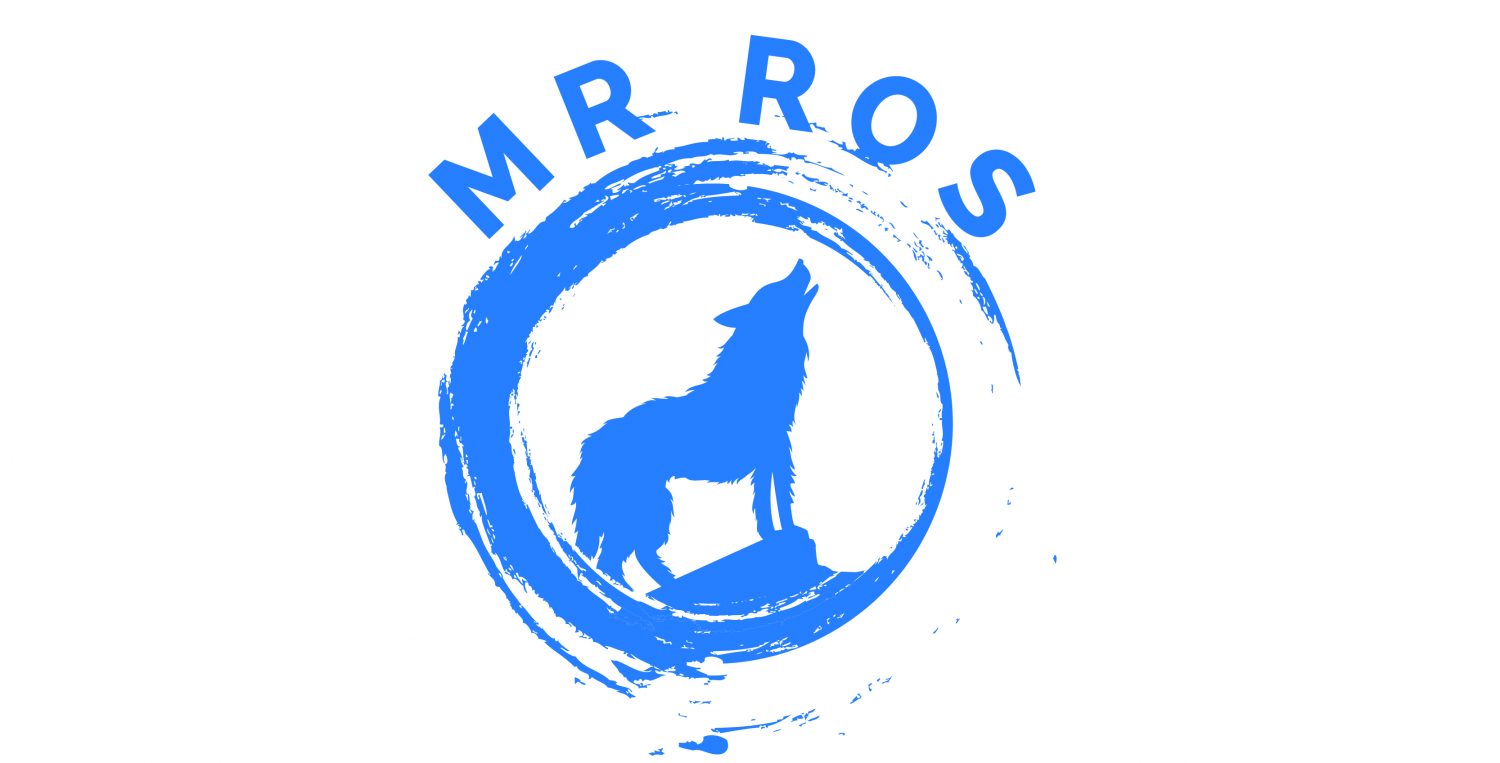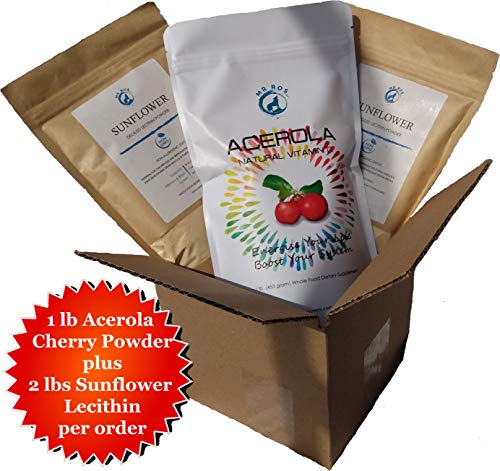Most people have never heard of phosphatidylserine. But would you believe it’s actually present in every single human cell? Phosphatidylserine has a range of vital functions throughout your body (both tissues and organs), but perhaps the most important function of all is that it is a key building block for the billions of cells in your brain.
The body naturally produces Phosphatidylserine, but most of our intake comes from the food we eat. When food isn’t enough, or if we have a need for a great intake of this vital molecule, we can resort to supplements.
Phosphatidylserine is a natural treatment for Alzheimer’s disease and is also used in the treatment of age-related cognitive decline, ADHD and depression. In addition, phosphatidylserine improves athletic performance.
Not bad, right? So let’s take a closer look at phosphatidylserine.
Phosphatidylserine’s DNA
Phosphatidylserine (PS) is a phospholipid and contains both amino acids and fatty acids. EPA and DHA, two omega-3 fatty acids, work synergistically with PS to provide the building blocks for healthy cell membranes.
Phospholipids surround all of our cells and are essential molecules that provide cellular structure and protection. They consist of four components: fatty acids, a platform to which the fatty acids are attached, a phosphate and an alcohol attached to the phosphate.
Phospholipids arrange themselves in two parallel layers, known as a phospholipid bilayer. It is this layer that makes up your cell membranes and is critical to each of your cell’s ability to function.
We already mentioned that PS is critical to the maintenance of all cellular functions, particularly in the brain. But research shows that it’s also important for:
o cell repair and removal by the immune system
o coordination of heartbeat
o testicular function
o bone matrix formation
Factors that decrease phosphatidylserine levels in your body
There are factors in life that are known to decrease phosphatidylserine levels, like aging, stress, modern diets and modern food production.
Aging naturally increases your brain’s demand for phosphatidylserine. At the same time, it creates digestive and metabolic inefficiency, thus making it hard to get enough phosphatidylserine via your diet.
Stress also increases the need for phosphatidylserine in your diet and decreases your phosphatidylserine at the same time.
Modern production processes for fats and oils have decreased their natural phosphatidylserine content, making it hard to get enough phosphatidylserine intake with your food.
There are several PS-rich foods, like bovine brain, Atlantic mackerel, chicken heart, Atlantic herring, tuna, veal, beef, trout, carrots, white beans and so on.
But people on low-cholesterol, low-fat or vegetarian/vegan diets may undersupply as much as 200 to 250 milligrams per day.
Another option is to use supplements, like non-GMO organic Sunflower Lecithin Powder, Soy Lecithin Powder or Rapeseed Lecithin Powder.
Sunflower Lecithin, Soy Lecithin and Rapeseed Lecithin
These three Lecithin products contain phosphatidylserine. They’re an excellent source of choline, which helps provide structure and fluidity to cell membranes.
Lecithin powders help the body in various ways – improvement in cholesterol levels, circulatory system and nervous system, to name a few.
All three variations offer a mild, neutral taste and are an effective emulsifier, helping blend two different liquids which are otherwise incapable to mix. These two unique properties allow for ease of use in day-to-day food, ranging from gravies, salads and cakes to smoothies and dough, without altering its taste. Lecithin’s ability to dissolve fat also makes it a popular choice of health supplement for those planning to lose some weight.
Moreover, of the numerous benefits, it helps keep a check on your blood pressure, improves cognitive function and heart health, helps keep your body cells healthy (lecithin is a key component of every cell in body).
Rapeseed Lecithin Powder offers all the benefits of Soy Lecithin Powder, but eliminates any risk of allergies, which are widely associated with Soy Lecithin Powder. It’s also less prone to oxidation and therefore offers more stability.
Rapeseed Lecithin Powder is extremely rich in oleic acid, about 50 to 60% of total fatty acids against 25% in Soy and 15% in Sunflower.
6 Health Benefits of Phosphatidylserine
1. Phosphatidylserine may improve symptoms of Alzheimer’s Disease
Research shows that phosphatidylserine supplements may increase levels of brain chemicals involved with memory and improve brain cell communication.
2. Aids the slowing down of age-related cognitive decline
Phosphatidylserine from bovine brain phospholipids has show to improve memory, cognition and mood in the elderly.
3. Phosphatidylserine is effective in the treatment of depression
Research has shown that phosphatidylserine positively affects the levels of neurotransmitters in the brain that are related to mood.
4. Phosphatidylserine may improve symptoms of Parkinson’s Disease
Phosphatidylserine is essential to proper functioning of the brain. Research has shown that people with Parkinson’s often have low levels of phosphatidylserine.
5. Phosphatidylserine can treat ADHD symptoms
People with ADHD can benefit from phosphatidylserine as it increases mental focus, memory and cognition. It also boosts the mood and relives stress through a reduction of cortisol levels.
6. Phosphatidylserine boosts athletic performances
Studies have shown that phosphatidylserine is key in optimized athletic performances.
Mr. Ros Natural Rapeseed Lecithin Powder
Our non-GMO Natural Rapeseed Lecithin Powder offers all the benefits of Soy Lecithin Powder, but none of the drawbacks. It is packed with healthy fats and oleic acid, and contributes towards a healthy lifestyle.
Be sure to sign up to our newsletter to receive our free eBook with 13 Superfood Smoothie Recipes.



